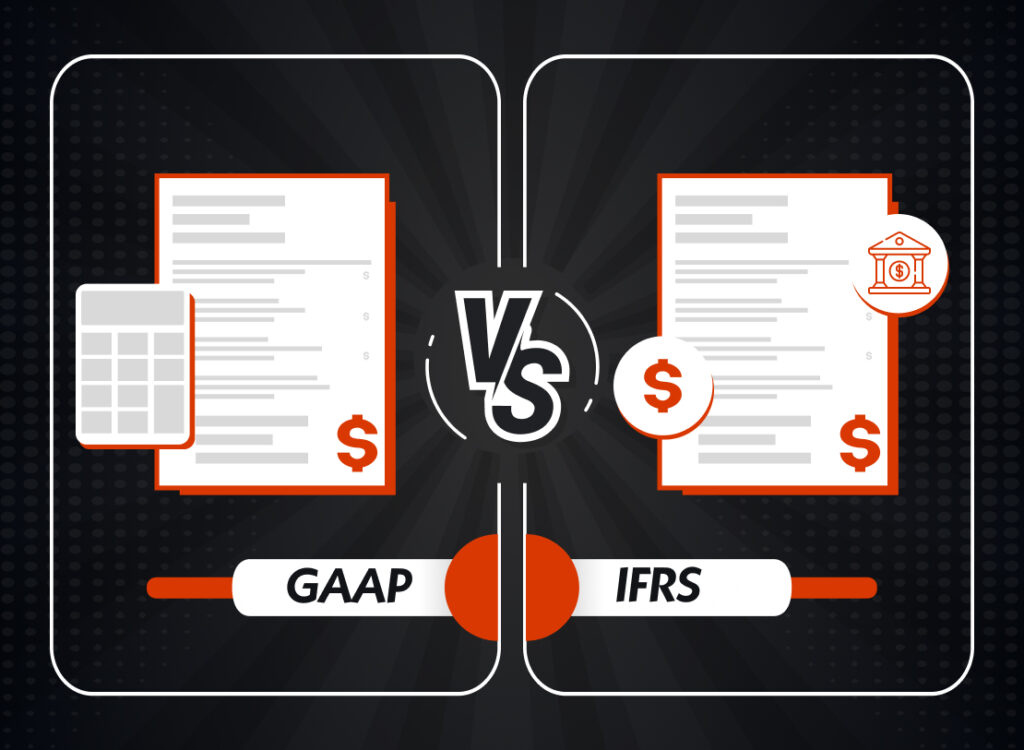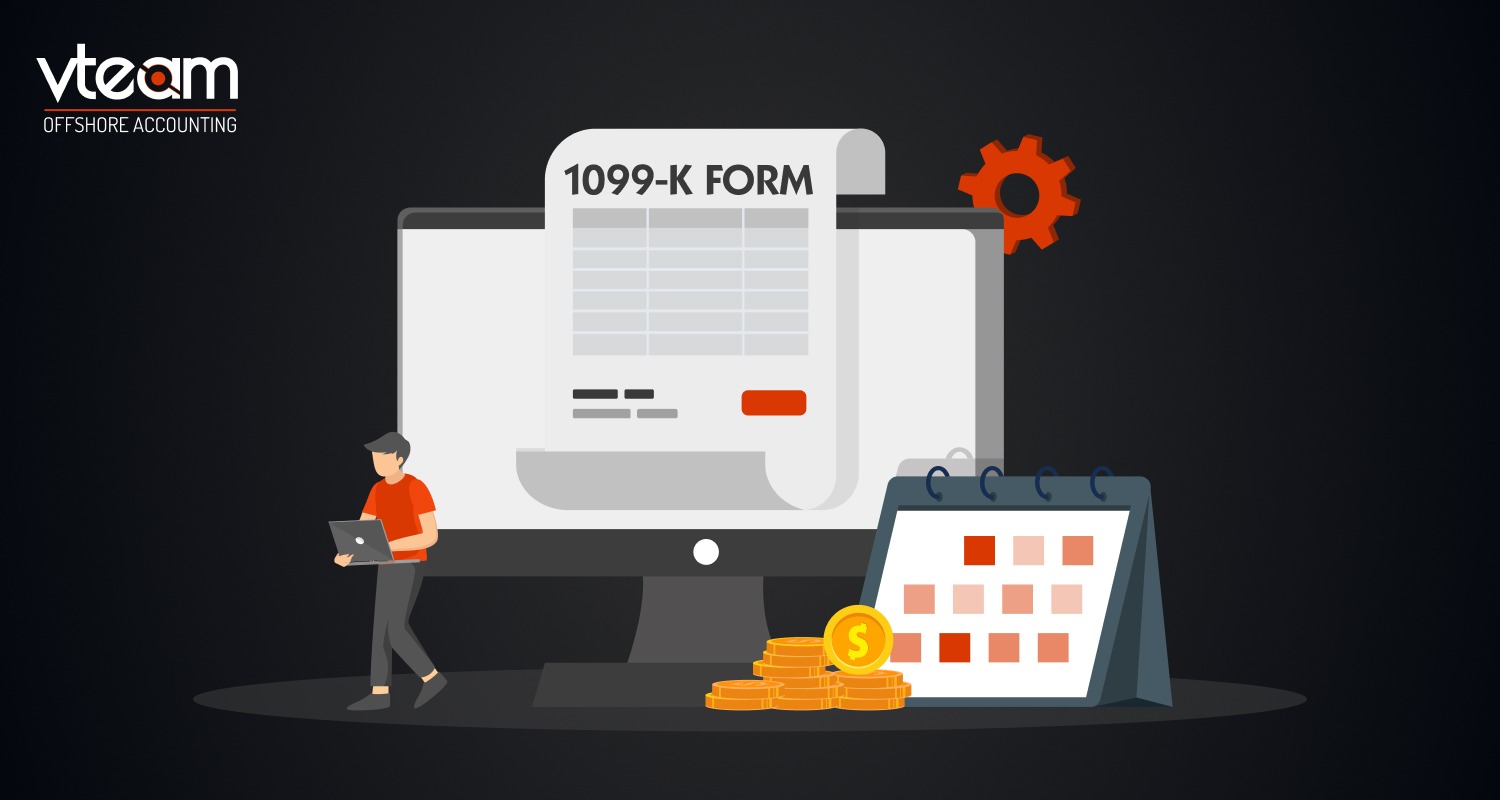Accounting serves as the backbone of any business, providing a systematic way to record, analyze, and communicate financial information. The uniformity and reliability of financial reporting across different entities are crucial for stakeholders, and this is where accounting principles come into play. One of the most widely recognized and adopted sets of accounting principles is GAAP (Generally Accepted Accounting Principles). This blog explores the nuances of GAAP in accounting, its standards, guidelines, and its significance in the financial landscape.
Understanding GAAP
GAAP is a set of principles, standards, and procedures that businesses use to prepare and present their financial statements. It ensures consistency, transparency, and comparability in financial reporting, facilitating a common language for investors, regulators, and other stakeholders. The roots of GAAP trace back to the early 20th century, with its development driven by the need for standardized financial reporting practices.
Core Components of GAAP
Fundamental Principles:
A. Accrual Basis vs. Cash Basis Accounting:
The accrual basis recognizes revenues and expenses when they are incurred, not necessarily when cash changes hands. This principle provides a more accurate representation of a company’s financial health.
B. Matching Principle:
Expenses should be matched with the revenue they generate. This principle ensures that the financial statements accurately reflect the profitability of a business during a specific period.
C. Revenue Recognition Principle:
Revenue is recognized when it is earned and realizable, regardless of when the payment is received. This principle aligns with the accrual basis and reflects a more accurate picture of a company’s performance.
D. Historical Cost Principle:
Assets are recorded at their original cost, providing a reliable and verifiable basis for financial reporting.
General Standards:
A. Consistency:
Companies should use consistent accounting methods from one period to another. This ensures that financial statements are comparable over time.
B. Materiality:
Information that could influence the decisions of financial statement users should be disclosed. This principle allows businesses to focus on reporting relevant and significant information.
C. Conservatism:
When faced with uncertainty, accountants should err on the side of caution. This principle prevents overstatement of assets or income.
Specific Guidelines for Financial Statement Preparation:
A. Balance Sheet:
Presents a company’s financial position at a specific point in time, detailing assets, liabilities, and equity.
B. Income Statement:
Summarizes a company’s revenues and expenses over a specific period, providing a measure of profitability.
C. Cash Flow Statement:
Highlights the inflow and outflow of cash and cash equivalents, providing insights into a company’s liquidity.
Also Read : What Is Management Reporting & Why Is It Important For Your Business?
Importance of GAAP in Financial Reporting
GAAP plays a pivotal role in ensuring the consistency and comparability of financial statements, thereby fostering investor confidence. The adherence to GAAP is not only a matter of financial transparency but is also a legal requirement in many jurisdictions. It provides a standardized framework for businesses to communicate their financial health to investors, creditors, and regulatory bodies.
GAAP vs. IFRS

A significant development in recent years is the ongoing discussion around the convergence of GAAP with International Financial Reporting Standards (IFRS). While GAAP is predominantly followed in the United States, IFRS is widely adopted in many other parts of the world. The comparison of GAAP and IFRS reporting standards involves evaluating differences in accounting treatments, disclosure requirements, and financial statement formats. The ongoing debate and convergence efforts aim to create a globally accepted set of accounting standards.
Role of Regulatory Bodies in GAAP
Several regulatory bodies play a crucial role in the development and maintenance of GAAP. The Securities and Exchange Commission (SEC) oversees financial reporting requirements for publicly traded companies, while the Financial Accounting Standards Board (FASB) is responsible for continuously updating and improving GAAP. The American Institute of Certified Public Accountants (AICPA) also contributes to the development of accounting standards and provides guidance to accounting professionals.
Recent Developments and Changes in GAAP
The landscape of accounting is dynamic, with constant updates and revisions to existing standards. Staying abreast of these changes is essential for businesses to maintain compliance and ensure accurate financial reporting. Additionally, emerging trends in accounting, such as the increased use of technology and data analytics, are influencing the way financial information is processed and presented.
Compliance Challenges and Solutions
While US GAAP accounting provides a comprehensive framework for financial reporting, businesses often face challenges in ensuring compliance. Common issues include complex transactions, evolving business models, and the need for continuous training of accounting professionals. Implementing robust accounting solutions, leveraging technology, and seeking expert advice can help overcome these challenges and ensure adherence to GAAP standards.
Also Read : Mitigating Risks In Offshore Accounting: Ensuring Data Security And Compliance
Conclusion
GAAP in accounting serves as a cornerstone for standardized financial reporting, providing a framework that ensures consistency, transparency, and comparability. Its principles and guidelines are essential for businesses to communicate their financial health accurately. As the business world evolves, staying informed about updates, embracing accounting solutions, and understanding the implications of GAAP convergence with IFRS are vital for maintaining financial credibility and meeting the expectations of stakeholders. GAAP conversion is not just a regulatory requirement; it is a strategic necessity for businesses operating in today’s global and dynamic financial environment.
Vteam empowers your financial success with expert GAAP services. We streamline your GAAP conversion and craft tailored accounting solutions to guarantee compliance and financial transparency. Our dedicated team, passionate about navigating the complexities of Generally Accepted Accounting Principles, is committed to helping you achieve financial excellence. Contact us today!




